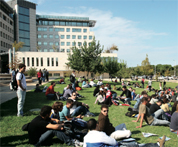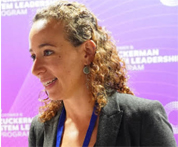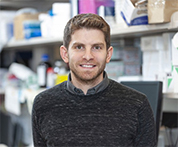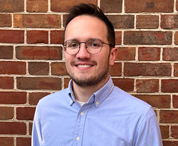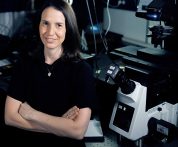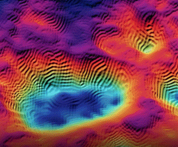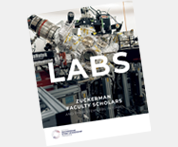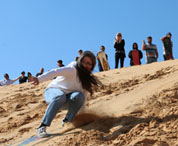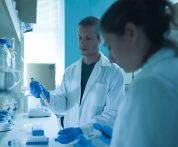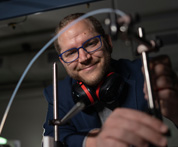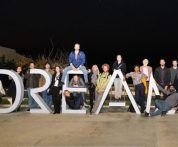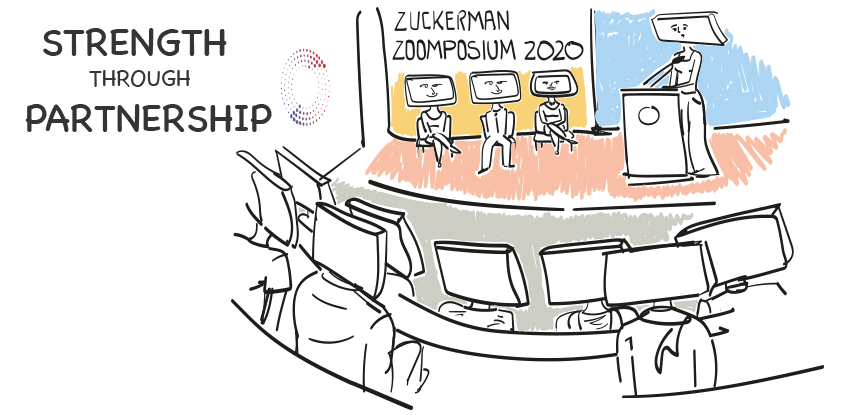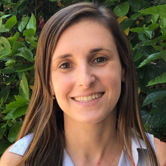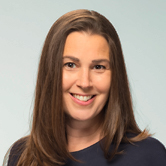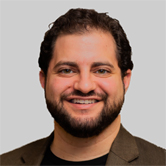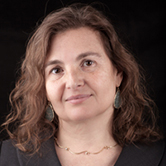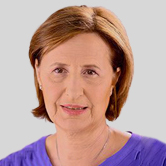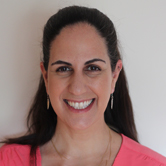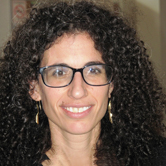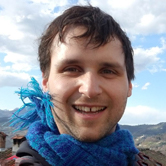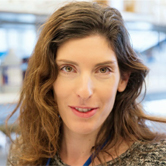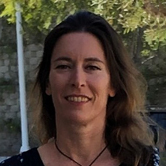Yossi Weizmann
Zuckerman Faculty Scholar
Ben-Gurion University of the Negev
Yossi Weizmann joins the faculty at Ben-Gurion University of the Negev as an Associate Professor in the Department of Chemistry, Ilse Katz Institute for Nanoscale Science and Technology.
Dr. Weizmann did research in biosensors and nanostructure materials in the Chemistry Departments of Hebrew University (PhD), MIT (postdoctoral research), and at the University of Chicago (Assistant Professor). At Chicago, in addition to research, and serving on multiple committees, he established an enthusiastic group of young researchers, some of whom have since received prestigious academic appointments themselves.
At BGU, Dr. Weizmann’s lab continues his research in the detection of biochemical and medically relevant targets via nucleic acid amplification systems, the synthesis of programmable nanomaterials for self-assemblies and plasmonic bioapplications, and the design and construction of synthetic nucleic acid topologies for biomedical and biomimetic applications.
Dr. Weizmann is listed on seven patents, and is the co-founder of Sensona Inc., whose technology provides express molecular analysis to facilitate the diagnosis and treatment of infectious diseases. The technique on which it is based, the polymerase chain reaction (PCR), has been used for some time, but has involved bulky, time-consuming, and costly equipment. Dr. Weizmann’s newer, more accurate, methods allow the thermocycles associated with PCR to take seconds rather than minutes, and use LED energy to miniaturize, enabling portable systems.
Dr. Weizmann has received prestigious long-term grants from both the National Science Foundation and the Israel Science Foundation.
 ISRAELI COUNCIL FOR HIGHER EDUCATION
ISRAELI COUNCIL FOR HIGHER EDUCATION MIT-Israel Zuckerman STEM Fund for Faculty Collaboration
MIT-Israel Zuckerman STEM Fund for Faculty Collaboration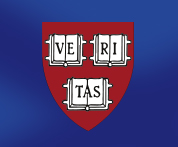 The Zuckerman Travel and Research STEM Fund at Harvard
The Zuckerman Travel and Research STEM Fund at Harvard Zuckerman AI Fund at Technion
Zuckerman AI Fund at Technion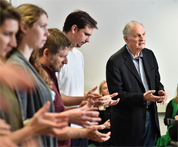 Alan Alda Communicating Science
Alan Alda Communicating Science Zuckerman Institute – ScienceAbroad
Zuckerman Institute – ScienceAbroad Zuckerman Institute – America-Israel Friendship League partnership
Zuckerman Institute – America-Israel Friendship League partnership



